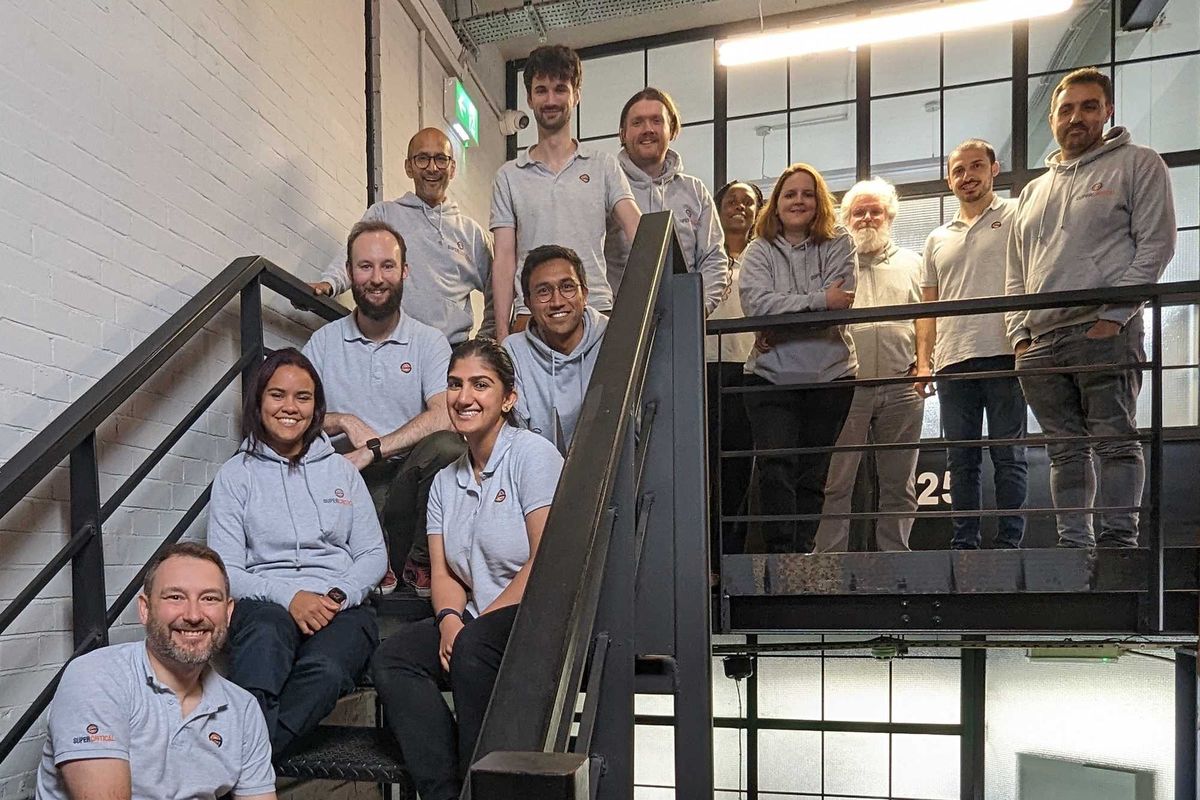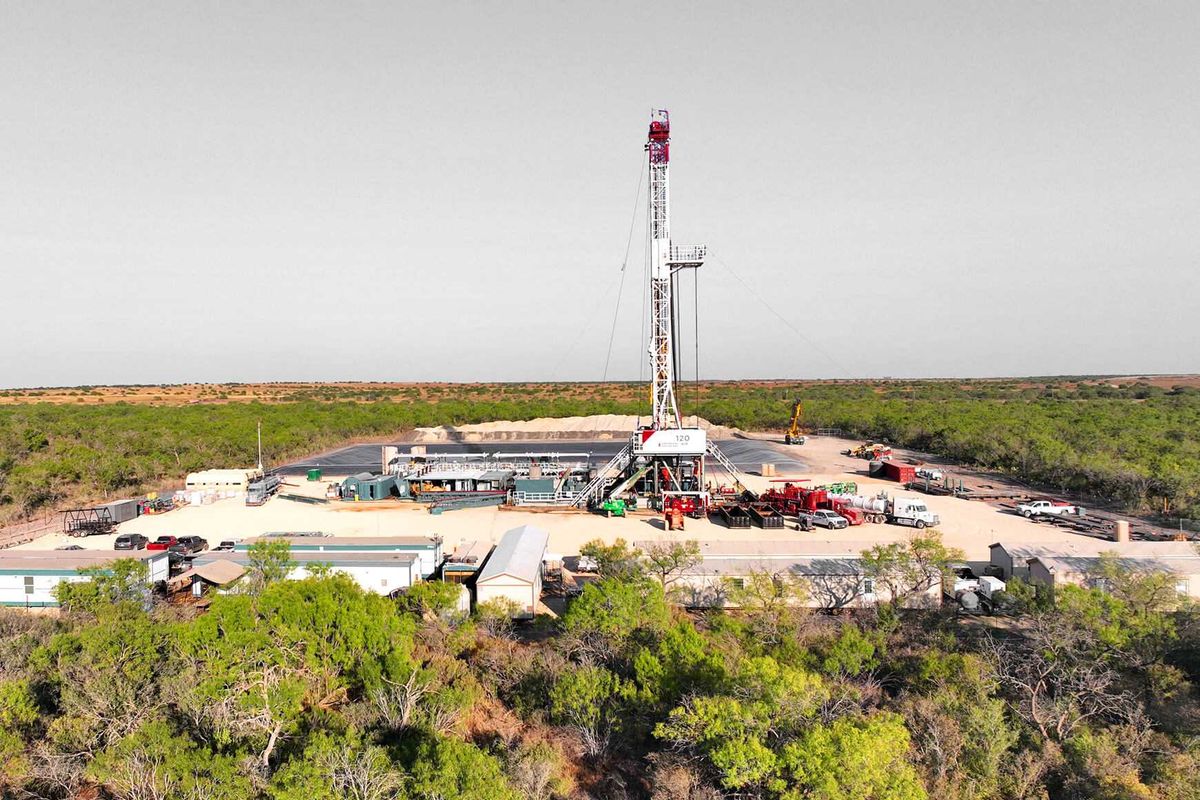About a third of this year's startup finalists for the Houston Innovation Awards are hiring — from contract positions all the way up to senior-level roles. And seven of these companies are advancing innovative energy transition technologies.
The finalists, announced last week, range from the medical to energy to AI-related startups and will be celebrated next month on Thursday, November 14, at the Houston Innovation Awards at TMC Helix Park. Over 50 finalists will be recognized for their achievements across 13 categories, which includes the 2024 Trailblazer Legacy Awards that were announced earlier this month.
Click here to secure your tickets to see which growing startups win.
When submitting their applications for the awards, every startup was asked if it was hiring. Let's take a look at what companies among the energy transition finalists you could land a job at.
Double-digit growth
Houston energy tech company Enovate Ai (previously known as Enovate Upstream) reported that it is hiring 10-plus positions. The company, with 35 current employees, helps automate business and operational processes for decarbonization and energy optimization. Its CEO and founder, Camilo Mejia, sat down for an interview with InnovationMap in 2020. Click here to read the Q&A.
Square Robot is hiring about 10 new Houston employees and 15 total between Houston and other markets, according to its application. The advanced robotics company was founded in Boston in 2016 and opened its Houston office in August 2019. It develops submersible robots for the energy industry, specifically for storage tank inspections and eliminating the need for humans to enter dangerous and toxic environments. Last year it reported to be hiring 10 to 30 employees as well, ahead of the 2023 Houston Innovators Award. It currently has 25 Houston employees and about 50 nationally.
InnoVent Renewables LLC is also hiring 15 new employees to be based in Mexico. The company launched last year with its proprietary continuous pyrolysis technology that can convert waste tires, plastics, and biomass into fuels and chemicals. The company scaled up in 2022 and has operations in Pune, India, and Monterrey, Mexico, with plans for aggressive growth across North America and Latin America. It has 20 employees in Mexico and one in Houston currently.
Senior roles and steady growth
Geothermal energy startup Sage Geosystems reported that it is looking to fill two senior roles in the company. It also said it anticipates further staff growth after its first commercial energy storage facility is commissioned at the end of the year in the San Antonio metro area. The company also recently expanded its partnership with the United States Department of Defense's Defense Innovation Unit and announced this month that it was selected to conduct geothermal project development initiatives at Naval Air Station in Corpus Christi. It has 12 full-time employees, according to its application.
Meanwhile, Syzygy Plasmonics is hiring four positions to add to its team of 120. The company was named to Fast Company's energy innovation list earlier this year.
Future roles
Other finalists reported that they are currently not hiring, but had plans to in the near future.
NanoTech Materials Inc., which recently moved to a new facility, is not currently. Hiring but said it plans with new funding during its series B.
Renewable energy startup CLS Wind is not hiring at this time but reported that it plans to when the company closes funding in late 2024.
———
A version of this article originally ran on InnovationMap.










